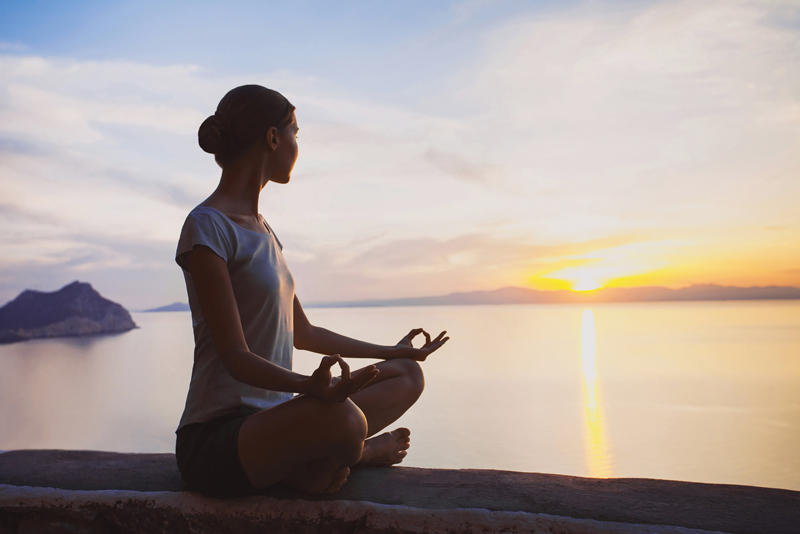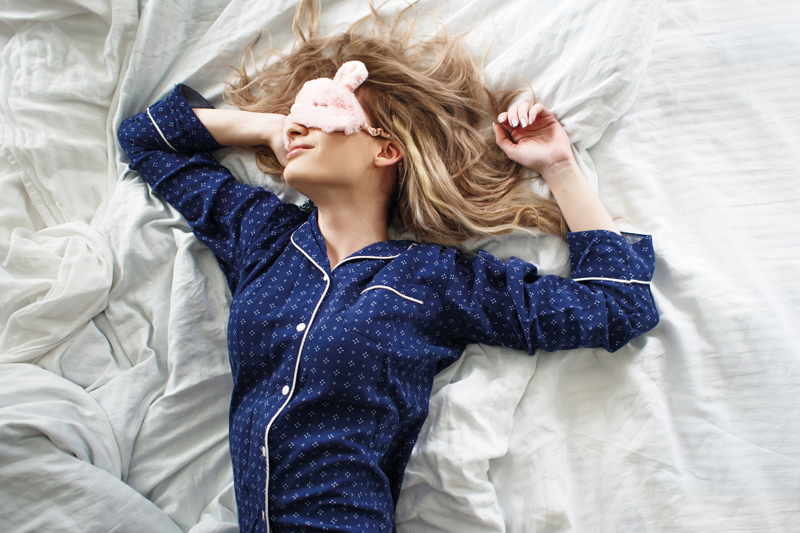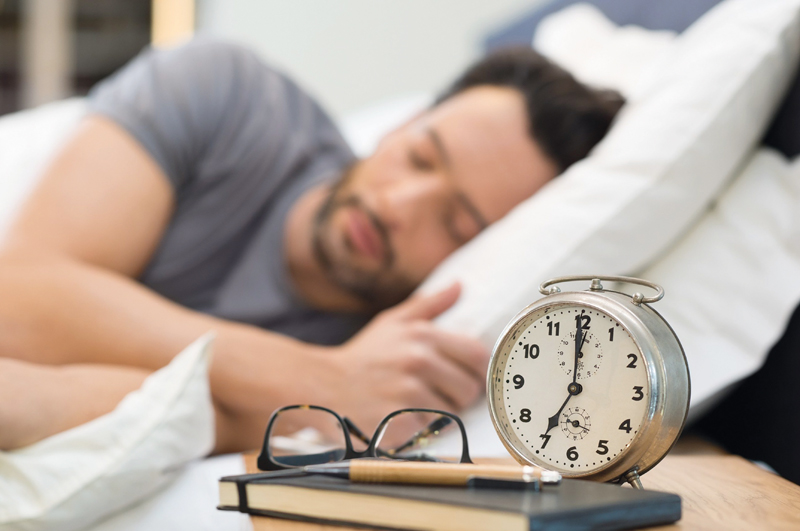
Nina Kolomiytseva is a certified specialist of the International Yoga Association (Yoga alliance)
It has been mentioned many times that the daily routine: sleep and wakefulness, nutrition, practice and work are very important components for the successful completion of lessons.
And the holistic approach to the study of yoga as a philosophy really assumes that a person will adhere not only to the moral principles of behavior, but also to respect the biorhythms of his body. After all, the state of the body is a very clear indicator of the state of the internal. And if you ignore your physical health, then work on the spiritual component will be difficult, or even become a real torture. The most important truth that the practitioner must remember is that the benefit is not in quantity, but in quality.
This applies to all aspects of life: work should not be exhausting, it should be fruitful and enjoyable; nutrition should not be excessive and heavy, it should saturate the body with the micro and macro elements necessary for its work; rest should not be completely passive, it is best if it is varied and allows you to change the type of activity; sleep should not be too long, it should be of high quality and timely.
And now in more detail about the mode of sleep and wakefulness:
Why does a person need sleep?
A strange and very banal question that could make the reader smile.
"To relax!"
is indeed the correct answer. That's just it's not so much about physical rest, but about the rest of our ethereal body: the psyche, mind and mind. Of course, no one says that during sleep the body does not rest and is not cleansed from a physical point of view, but these processes are clear to many (an explanation of these processes will be given below). But why rest our psyche, mind and mind - not everyone knows.

Let me remind you that spiritual development is about becoming aware of yourself as a part of the Universe and about finding harmony with the world around you and with yourself. There can be no talk of any harmony if a person suffers from despondency, pessimism, lack of interest in life, anxiety, cravings for bad habits, aimless living of his life, depression on this basis, constant dissatisfaction with himself and the events surrounding him, nervousness, etc. .d. This leads not only to the fact that a person violates all the principles of Yama and Niyama, but also affects the state of health in a terrible way: immunity weakens, chronic diseases and disturbances of rhythmic processes in the body appear.

Fortunately, all this can be avoided if you go to bed on time and allow your psyche, mind and mind to recover and rest.
On time - when?
The restoration of these elements of human essence occurs from 21 to 24 hours.
Accordingly, it is advisable to go to bed at 21, but if you cannot afford it yet, then go to bed at least by 21:45-22:00, so that at 22 you are already asleep and you have at least a couple of hours for a good rest. Then comes the process of replenishment of vital energy (prana) and it lasts from 11 p.m. to 1 a.m.
This is the time when a person replenishes the balance of forces necessary for any life activity: whether it is communication with a child or going to a supermarket - vital energy is needed for both tasks, and if it is not there, or not enough, then it is unlikely that you will receive at least some satisfaction. from their implementation. Most likely, if you did not sleep at this time, then you will not have the strength for anything at all and everything will “fall out of hand”. From 1 to 3 o'clock there is a restoration of balance and harmonization of the emotional background of a person.
If at this time you do not sleep, but stay awake, then the person will manifest in increasing order: 1. Emotionlessness
2. Tearfulness
3. Hysteria

It is not surprising that many people who are used to spending nights at parties cannot boast of emotional stability and balance.
Now about physical cleansing and restoration. What happens in the body when we sleep?
Firstly, this is really the time when the body arranges a “general cleaning” and gets rid of toxins, toxins, pathogenic bacteria, etc.
Therefore, in order for him to have enough time to complete the process, he needs about 6-8 hours of sleep (depending on each organism). Secondly, during this period, the nervous and immune systems work with various inflammatory processes that could occur in the body.
They give signals about detected violations and stimulate the production of protective resources. Thirdly, during sleep, the hormone melatonin is produced, which normalizes the hormonal background, supports the immune system and, in general, has a beneficial effect on the functioning of the body and its adaptive abilities.
Fourth, during sleep, ghrelin (hunger hormone) and leptin (satiety hormone) are produced.
Accordingly, if a person does not sleep enough, then the level of ghrelin rises, and leptin falls. Hence there is a constant and too strong feeling of hunger and overeating. And as a result of a slowdown in metabolism (lack of sleep affects the need to “store energy” so that it is enough to compensate for mental fatigue) and an increase in food intake, obesity can develop.
When to go to bed from a physiological point of view?
The most active phase of the hormonal reset occurs between 11 pm and 3 am.
After that, the activity of the pituitary gland (which gives all the glands a command to produce hormones) falls and the body is already completely ready for a new daily cycle. Finally, it should be noted that the mood before going to bed and the conditions of sleep also greatly affect its quality.
Therefore, before going to bed, you need to tune in to positive emotions and feelings, remove the sources of blue light, clear your mind of all tasks and deeds, and devote some time to reading a prayer, for example. It’s good if you sleep in complete darkness, putting all the equipment as far away as possible and opening the window.
The temperature in the room should not be too high or too low. Try to limit extraneous sounds, especially coming from radios and TVs. News at night is strictly undesirable to watch! The mattress should not be too soft, otherwise there is a chance to earn a curvature of the spine and not relax, but only increase the tension in it. If you sleep on a pillow, then choose pillows that are low and preferably rubber (they repeat the shape of the spine and neck, do not cause tension in the back).
So, to structure the knowledge, let's summarize:
- Sleep well
- The best time to sleep is 21:00-3:00, but in the realities of today it will be good to sleep from 22:00 to 5:00 or until 6:00 (depending on your body)
- The internal state of a person during going to bed greatly affects the quality of sleep.
- External factors: light, sounds, air temperature, mattress firmness, etc., affect the quality of sleep
- During sleep, purification occurs at all levels: physical, spiritual, emotional, mental
- During sleep, the information received during the day is structured and distributed in the mind.
- Sleep is necessary for the correct operation of all organ systems and the human energy system.
- Each system recovers at its own time and therefore sleep cannot be interrupted.
- If a person deprives himself of healthy sleep, he gradually wears out his body, which can lead to chronic diseases and other problems on the psycho-emotional level.




 DOWNLOAD
DOWNLOAD LOOK
LOOK Top Content of the Month
Top Content of the Month


